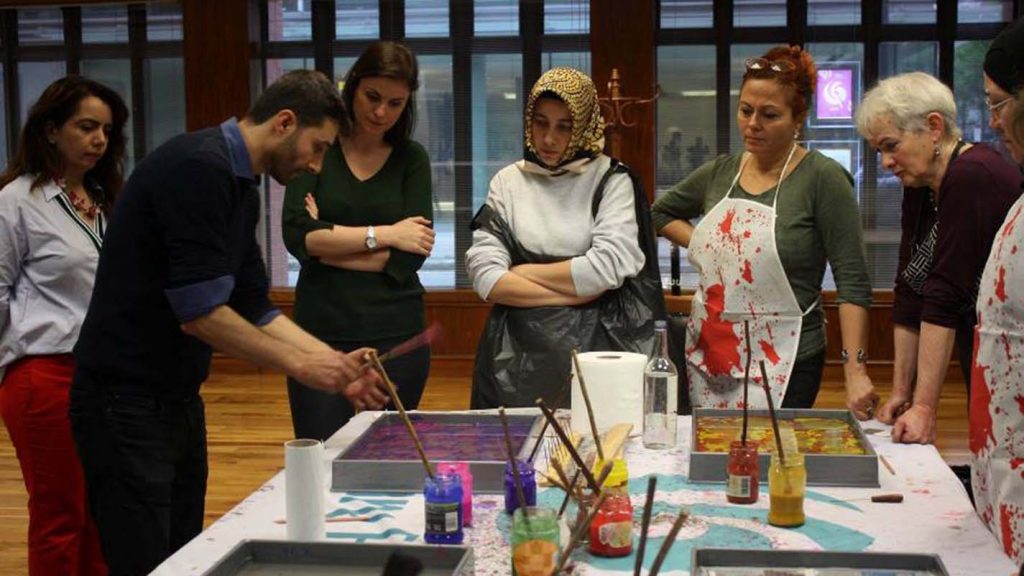Exploring Turkey’s diverse culture, rich history, and stunning landscapes is an adventure of a lifetime. To truly immerse yourself in this captivating country, understanding the Turkish language and embracing local etiquette can be a valuable asset.
The Turkish Language: A Key to Cultural Insight

Turkish is the official language of Turkey, and while English is often spoken in urban areas and tourist destinations, making an effort to learn a few basic Turkish phrases can be a game-changer for your travel experience. Here are some essential phrases to get you started:
- Merhaba (Mehr-HAH-bah) – Hello
- Teşekkür ederim (Teh-shehk-KOOR ed-EH-rim) – Thank you
- Lütfen (Loot-fen) – Please
- Evet (EH-vet) – Yes
- Hayır (HAH-yuhr) – No
- Günaydın (GOO-nahy-DUHN) – Good morning
- İyi akşamlar (EE-ee AHK-shah-lahr) – Good evening
- Hoş geldiniz (HOSH gel-DEE-niz) – Welcome
Learning these phrases not only facilitates communication but also shows your respect for the local culture and a genuine interest in connecting with the people.
Cultural Etiquette in Turkey

Understanding and embracing Turkish cultural norms and etiquettes can enhance your interactions and deepen your cultural experiences:
1. Greetings
- Use “Merhaba” for hello, “Günaydın” in the morning, and “İyi akşamlar” in the evening.
- A warm handshake or a light hug is common among friends, while a nod of the head is respectful.
2. Shoe Etiquette
- In many Turkish homes, it’s customary to remove your shoes at the entrance. Be prepared to do so when visiting someone’s home.
3. Dining Etiquette
- Wait for the host to begin the meal or say “Afiyet olsun” (Bon appétit) before you start.
- Avoid starting to eat until the eldest person at the table has begun.
- Leaving a little food on your plate can indicate that you’re satisfied.
4. Dress Respectfully
- In conservative areas and when visiting religious sites, dress modestly. Women should cover their heads with a scarf in some places.
- In cosmopolitan cities like Istanbul, you can dress more liberally.
5. Expressing Gratitude
- Saying “Teşekkür ederim” (Thank you) is essential when receiving any form of hospitality.
6. Respect for Elders
- Turkish culture places great value on respect for elders. Use formal titles like “Hoca” (teacher) or “Amca” (uncle) when addressing older individuals.
7. Hand Gestures
- Pointing with your finger is considered impolite. Instead, use an open palm with your fingers facing up to indicate direction.
8. Politeness in Conversation
- Avoid discussing sensitive topics like politics and religion, especially with people you’ve just met.
- Address people you don’t know well with polite titles like “Bey” (Mr.) or “Hanım” (Mrs.).
Mastering a few Turkish phrases and embracing local etiquette can significantly enrich your travel experience in Turkey. It not only facilitates communication but also showcases your respect for the culture and traditions of this remarkable country. By engaging thoughtfully and understanding the nuances of Turkish language and etiquette, you’ll forge meaningful connections with the warm and hospitable people of Turkey, leaving you with cherished memories of your journey through this captivating land.